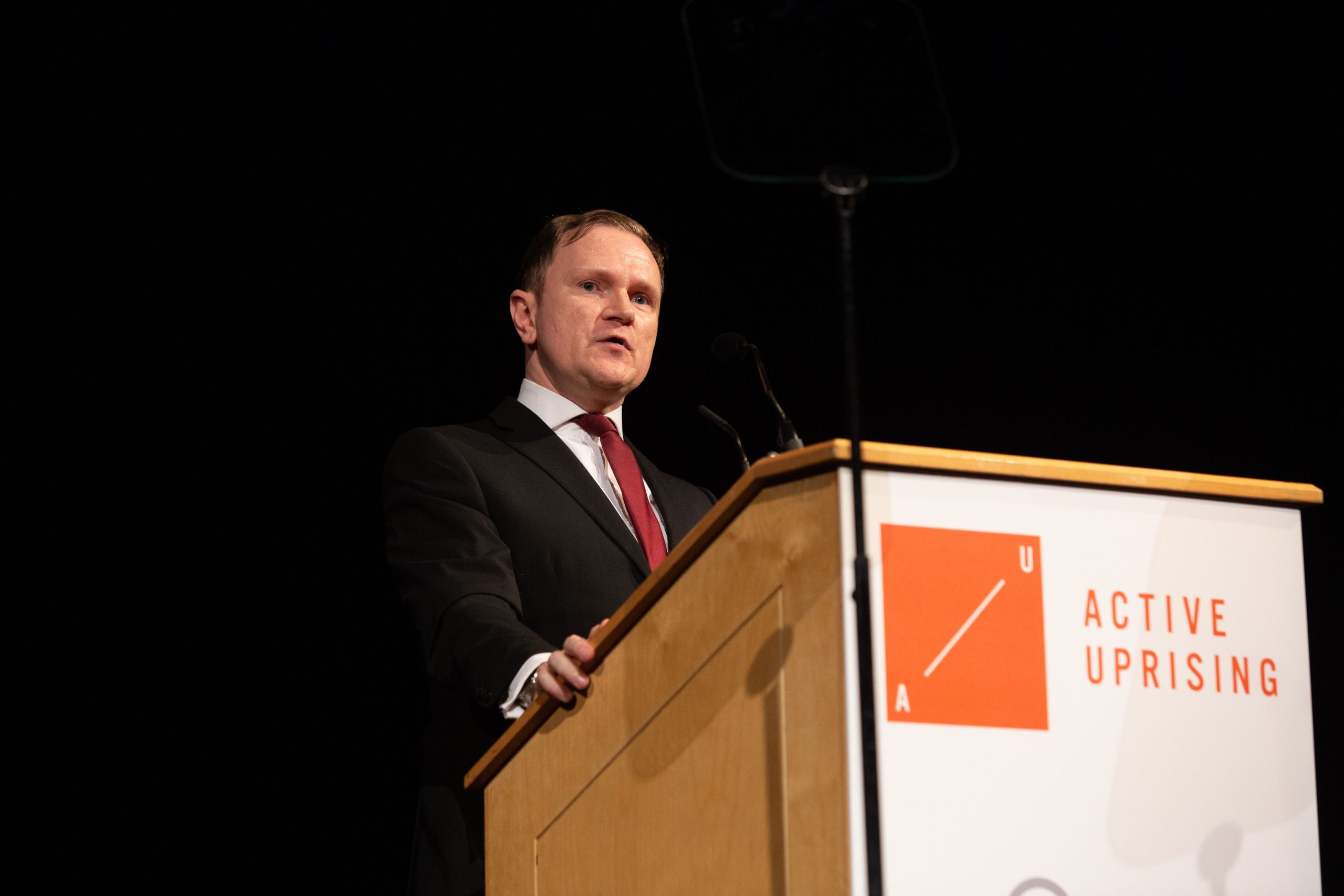By Huw Edwards, CEO of ukactive
What do people care about? A conclusion from last week’s local and Mayoral elections is that our historic big two political parties continue to wrestle with this question, with a projected end to the dominant two-party politics as voters spread their support across multiple parties. Whatever the voter motivations, there is a sense of a growing gap between politics and the people in this country.
Which is why the recent IPPR/Public First report on public health, ‘The Health Mandate: the voters’ verdict on government intervention’, should be such an important read across Whitehall. Comprehensive public health plans, marginalised and maligned for years by numerous governments, is exactly what people want.
As the report documents, there is widespread public support for stronger government interventions to improve health – challenging ‘nanny state’ myth and a belief that health is critical to future economic prosperity.
It depicts the public as having a mature understanding of the importance of health, recognising the multiple factors that impact wellbeing, that it’s more than just addressing ill health but living fulfilling lives, and that while individuals must take the main responsibility for their own health, they expect the Government to be an active supporter of national wellbeing.
For champions of the role of sport and physical activity in public health, one of the most popular policy recommendations across Labour, Conservative, and Reform voters was greater government investment in community infrastructure such as youth centres and leisure facilities.
That policy recommendation chimes with ukactive’s own research. Our recent report with Deloitte showed membership growth in gyms, pools, and leisure centres is more than one in every six within the UK population – 11.5 million people – and revenue across the sector has risen from £5.2bn in 2023 to £5.7bn in 2024 – an impressive 8.8% increase. All of this has been achieved against a difficult economic backdrop with cost-of-living pressures.
Yet despite this, people are prioritising spending on their long-term health and wellbeing. This is happening because there is, as seen in the IPPR/Public First research, a sea change in the public’s attitude to their health and wellbeing. The sector has understood this change and is evolving its services and programmes accordingly.
The sector is running with, rather than against, the public grain. It plays an integral role in both maintaining good community health and helping address poor health including mental health, musculoskeletal conditions, and falls prevention. Fitness and swimming services especially are a major driving force behind getting the nation active, as documented in Sport England’s recent Active Lives survey.
The reality of the growth in public demand for gym, pool, and leisure centre services in many ways validates the findings of the IPPR/Public First report. Voters see health as being shaped by broader social and economic pressures, not just individual choices. They want more action from the Government, which would ultimately be missing a trick if it does not see this opportunity.
There is a powerful story to be told on improving our national wellbeing – positioning health as a foundation of our national strength – that sees the Government working closely with the sector, businesses and communities. The evidence shows this is something that the public cares about and could be a growing factor in future elections.




